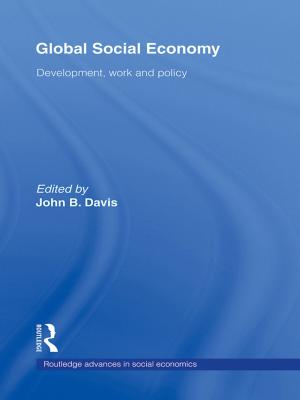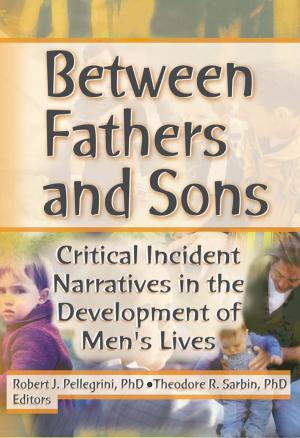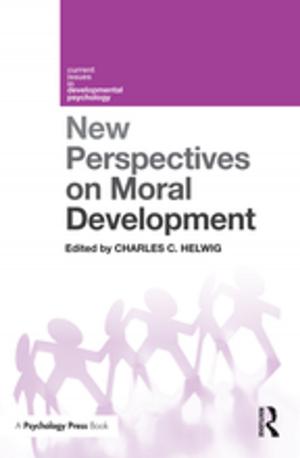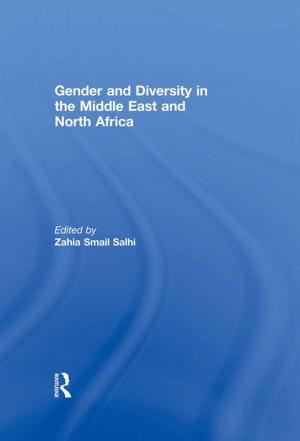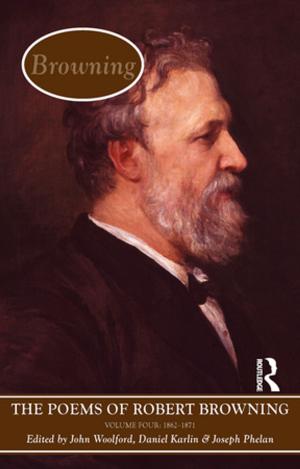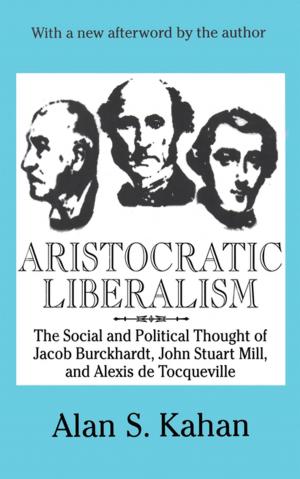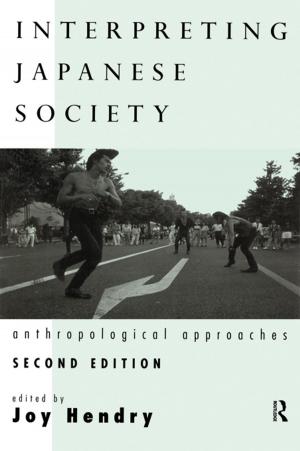| Author: | R. P. Power, S. Hausfeld, A. Gorta | ISBN: | 9781315514079 |
| Publisher: | Taylor and Francis | Publication: | March 27, 2017 |
| Imprint: | Routledge | Language: | English |
| Author: | R. P. Power, S. Hausfeld, A. Gorta |
| ISBN: | 9781315514079 |
| Publisher: | Taylor and Francis |
| Publication: | March 27, 2017 |
| Imprint: | Routledge |
| Language: | English |
Originally published in 1981, Workshops in Perception is designed to enable students to devise their own experiments in sensory processes or perception. The thirty workshops include over a hundred different possible student projects covering the full range of the senses and interactions among them. The topics range from simple perimetry to the perception of language and social situations. In addition to more traditional topics such as illusions, adaptation and after-effects, they include lifespan perceptual development, musical illusions, and even a consumer-oriented study of road atlases. Each of the ten major sections has a general introduction to the topic with suggestions for reading. Each workshop has a more specific introduction to its topic, and an experiment outlined. A typical outline will suggest more independent variables than a student can handle, and it is up to the student to select the variables he considers important and to choose the appropriate levels of the variables. Although many suggestions are made regarding the actual running of each workshop, deciding precisely how to carry out the experiment is left up to the student. Pilot work and consultation with the tutor is encouraged. Suggestions for the form of the analysis are made, but again the details are left to the student. Several alternatives to the main workshop are outlined briefly, and these are suited to the more adventurous or advanced student. Thus the book is suited to students with a wide range of ability.
Originally published in 1981, Workshops in Perception is designed to enable students to devise their own experiments in sensory processes or perception. The thirty workshops include over a hundred different possible student projects covering the full range of the senses and interactions among them. The topics range from simple perimetry to the perception of language and social situations. In addition to more traditional topics such as illusions, adaptation and after-effects, they include lifespan perceptual development, musical illusions, and even a consumer-oriented study of road atlases. Each of the ten major sections has a general introduction to the topic with suggestions for reading. Each workshop has a more specific introduction to its topic, and an experiment outlined. A typical outline will suggest more independent variables than a student can handle, and it is up to the student to select the variables he considers important and to choose the appropriate levels of the variables. Although many suggestions are made regarding the actual running of each workshop, deciding precisely how to carry out the experiment is left up to the student. Pilot work and consultation with the tutor is encouraged. Suggestions for the form of the analysis are made, but again the details are left to the student. Several alternatives to the main workshop are outlined briefly, and these are suited to the more adventurous or advanced student. Thus the book is suited to students with a wide range of ability.


